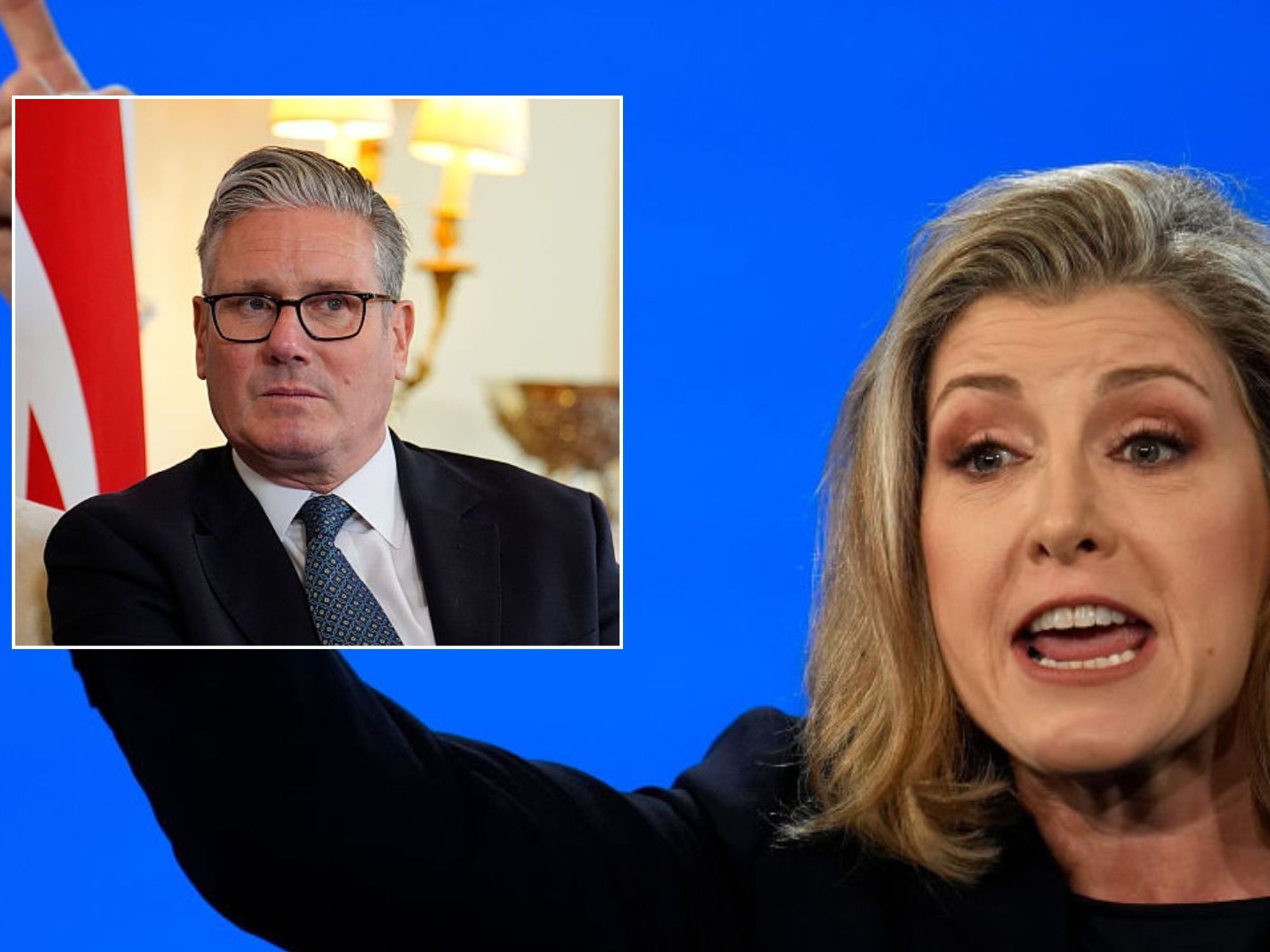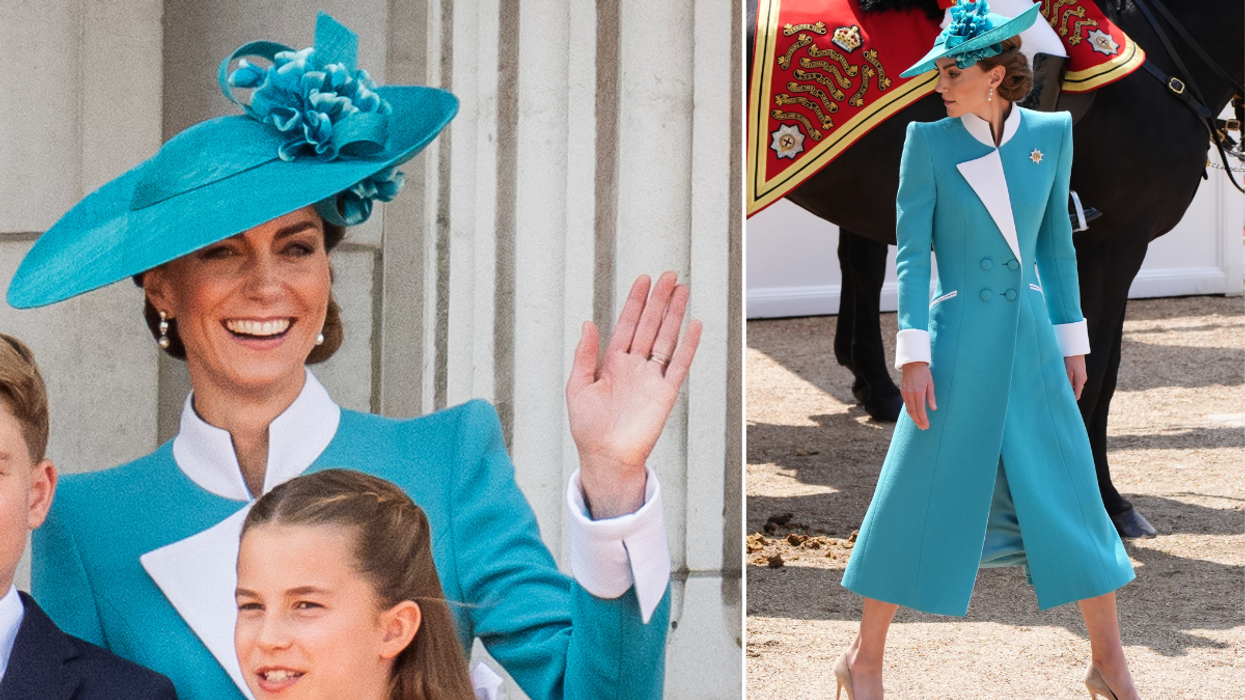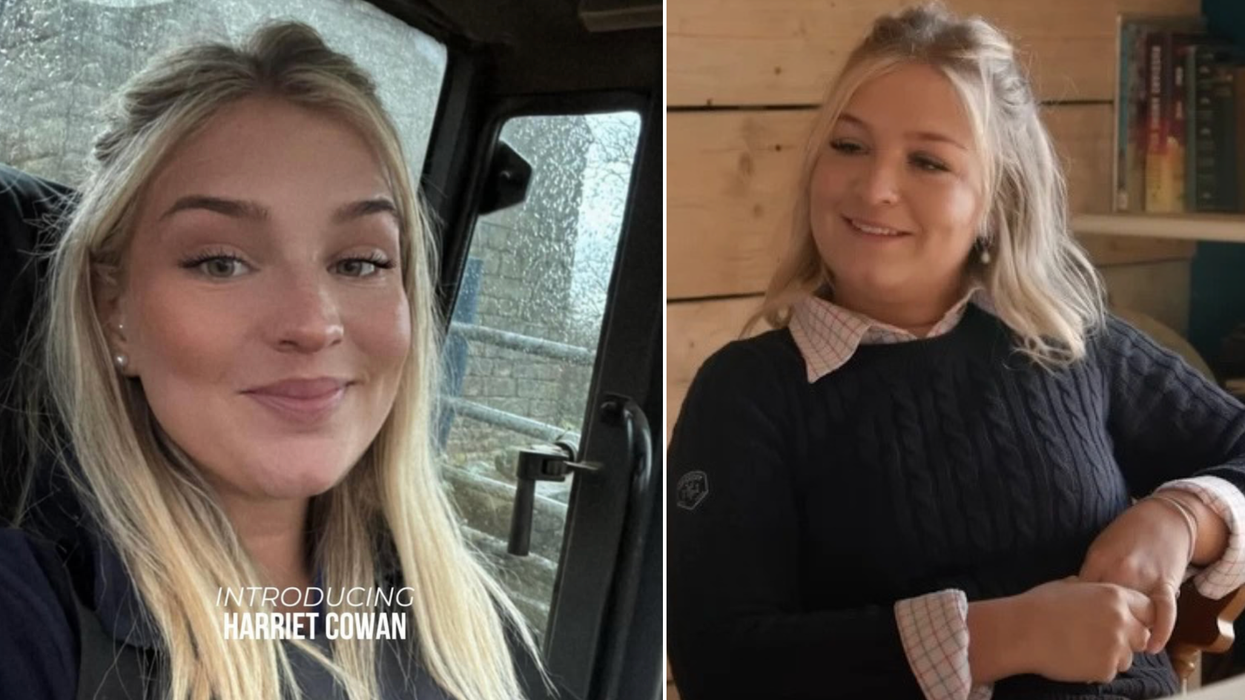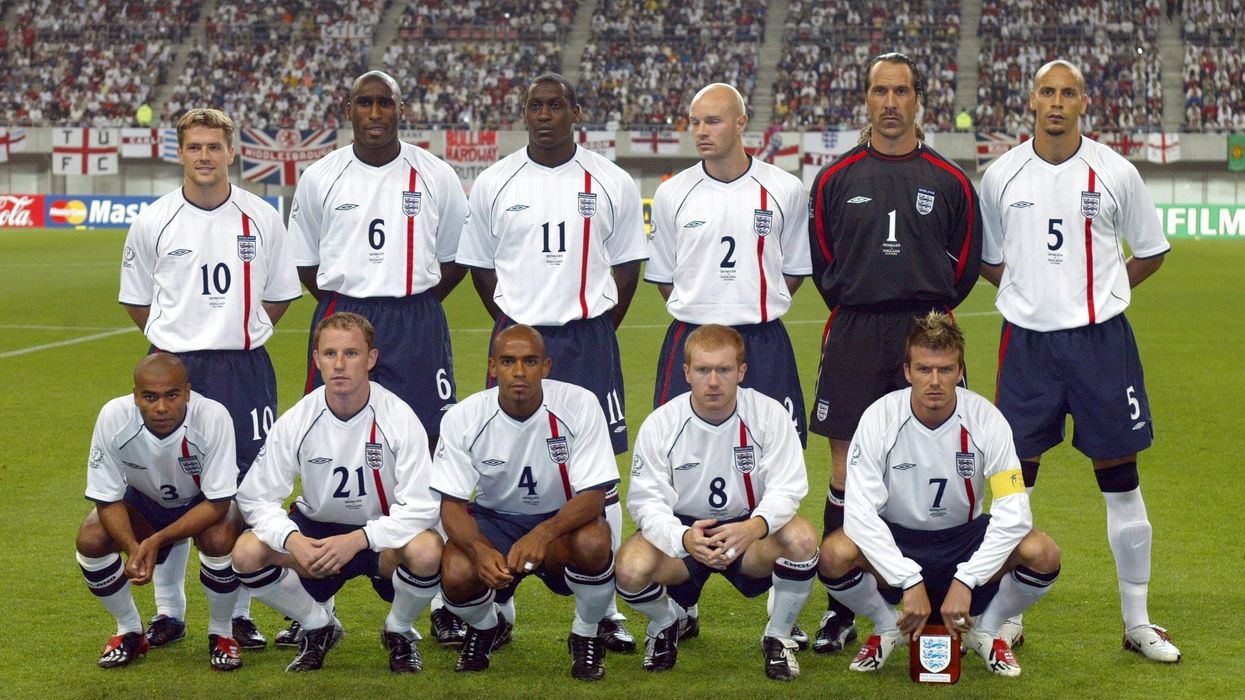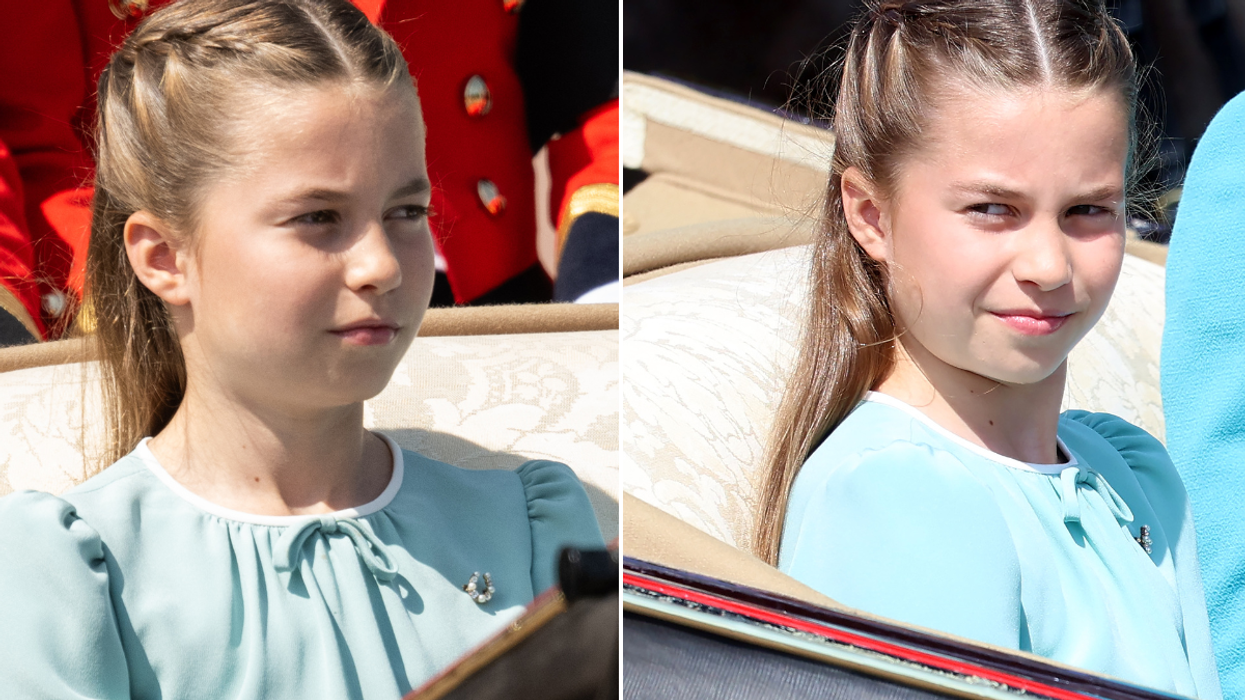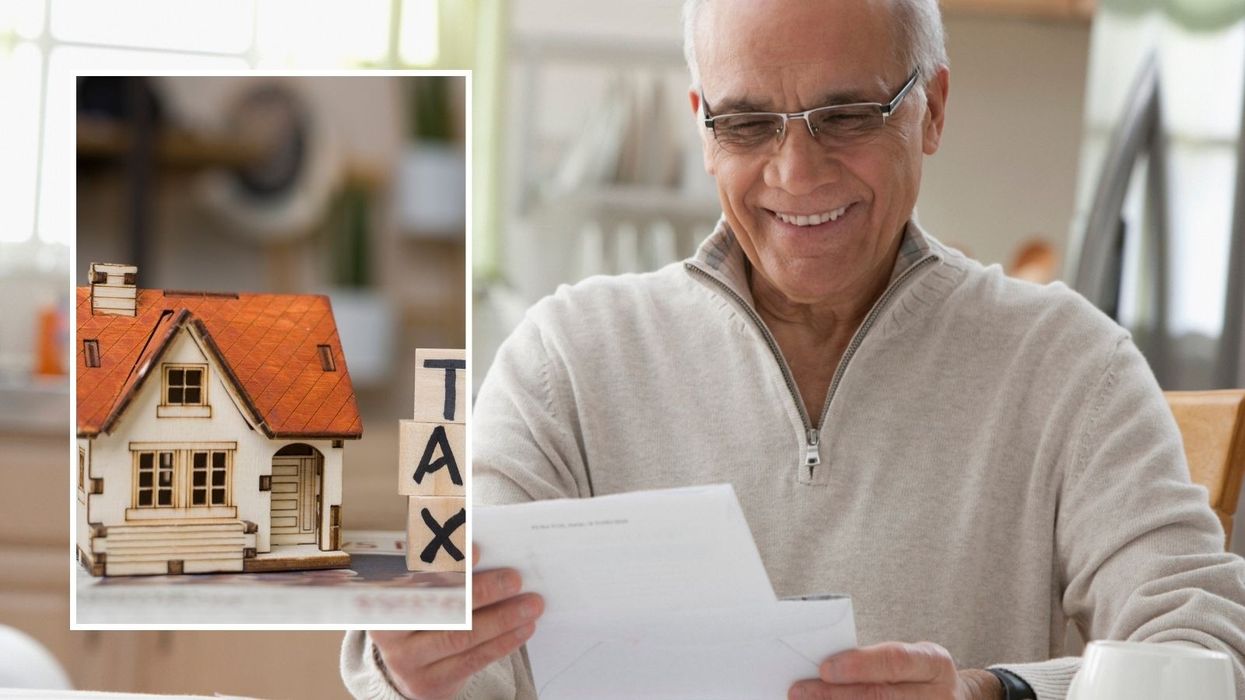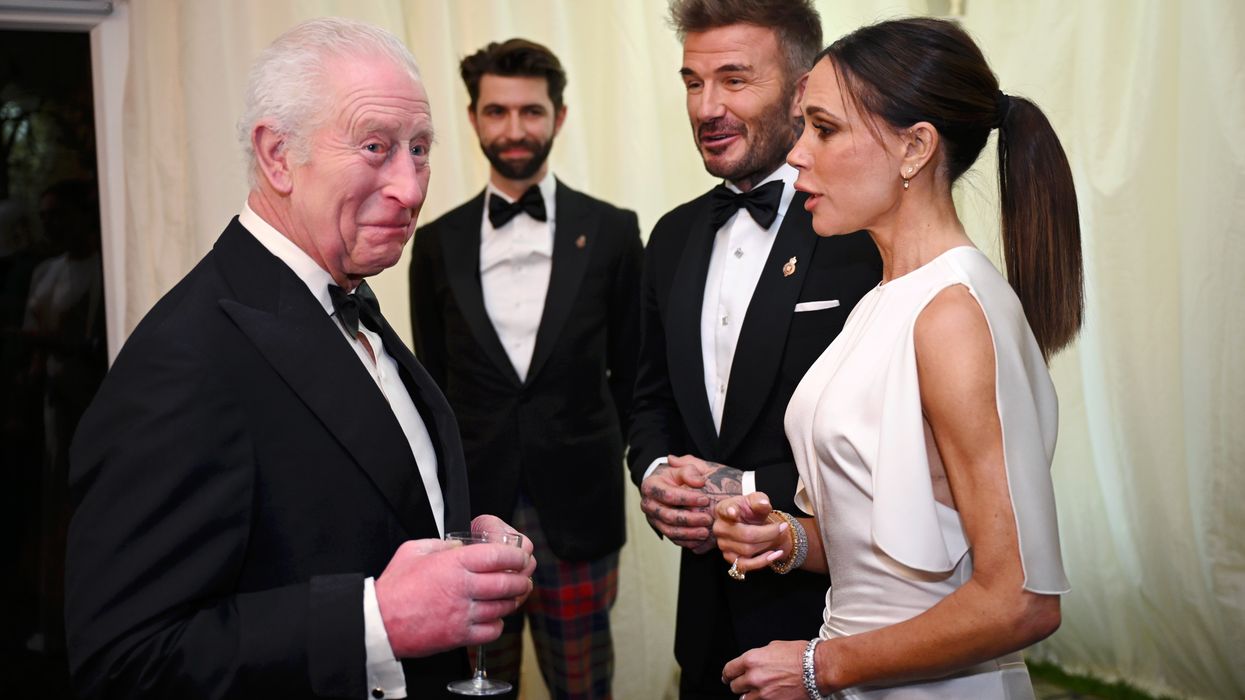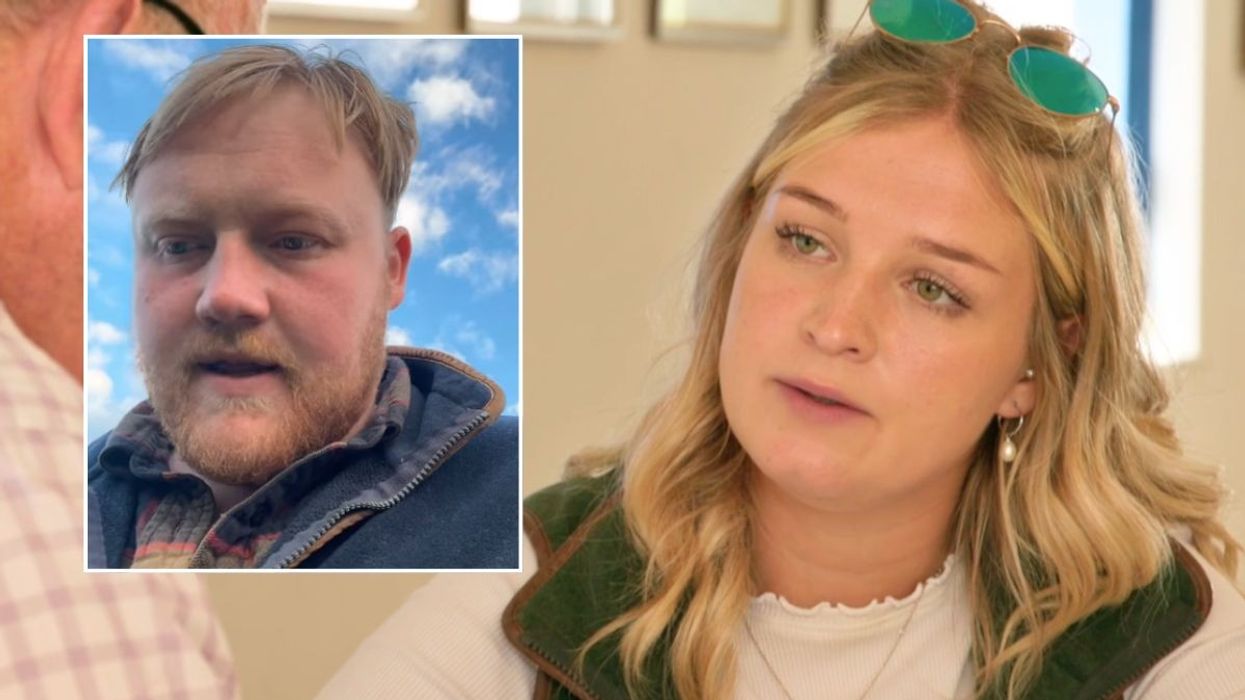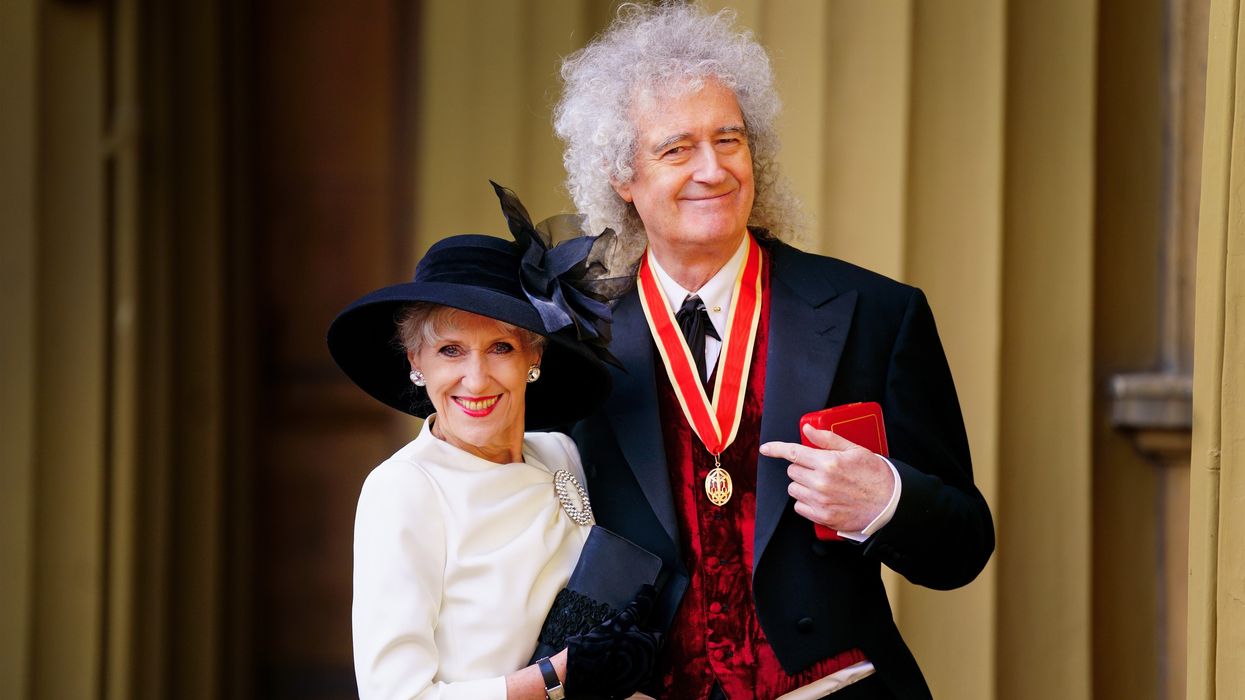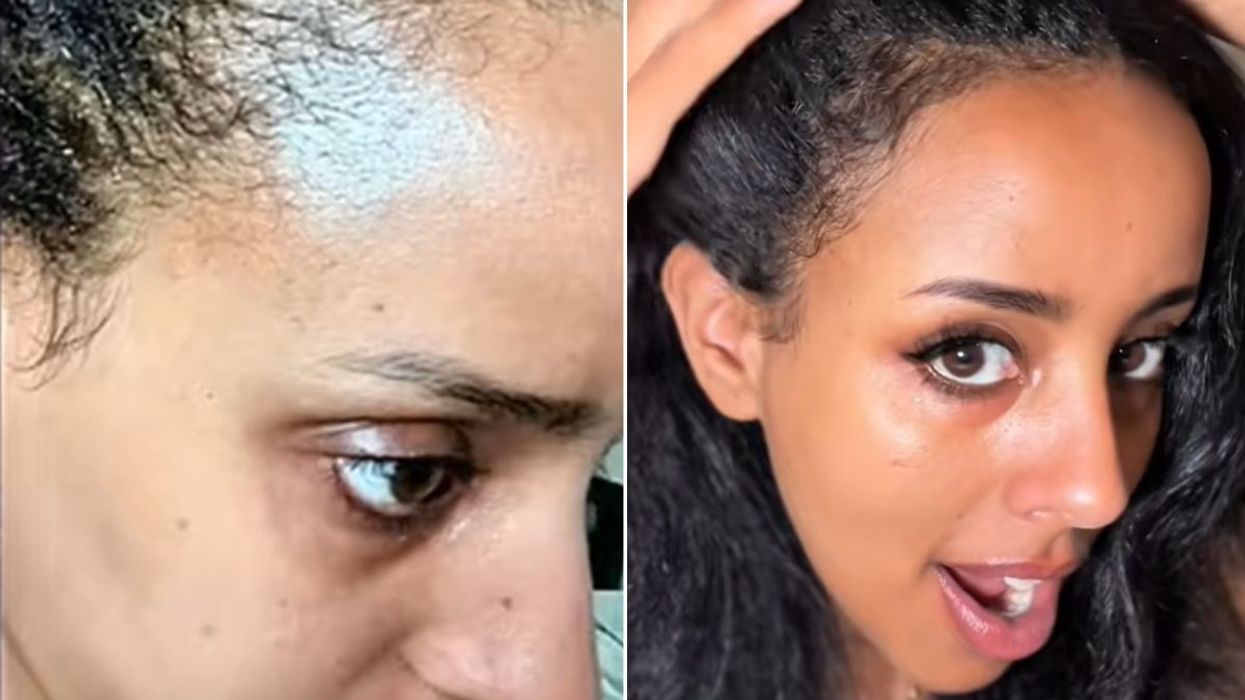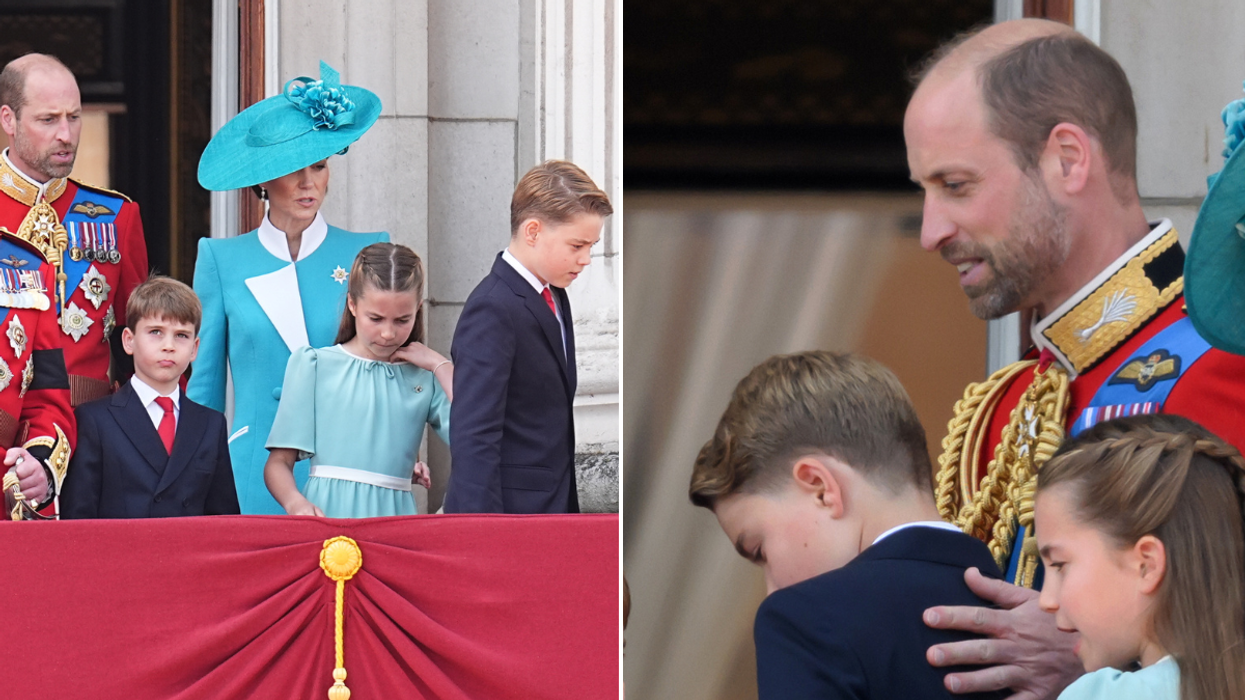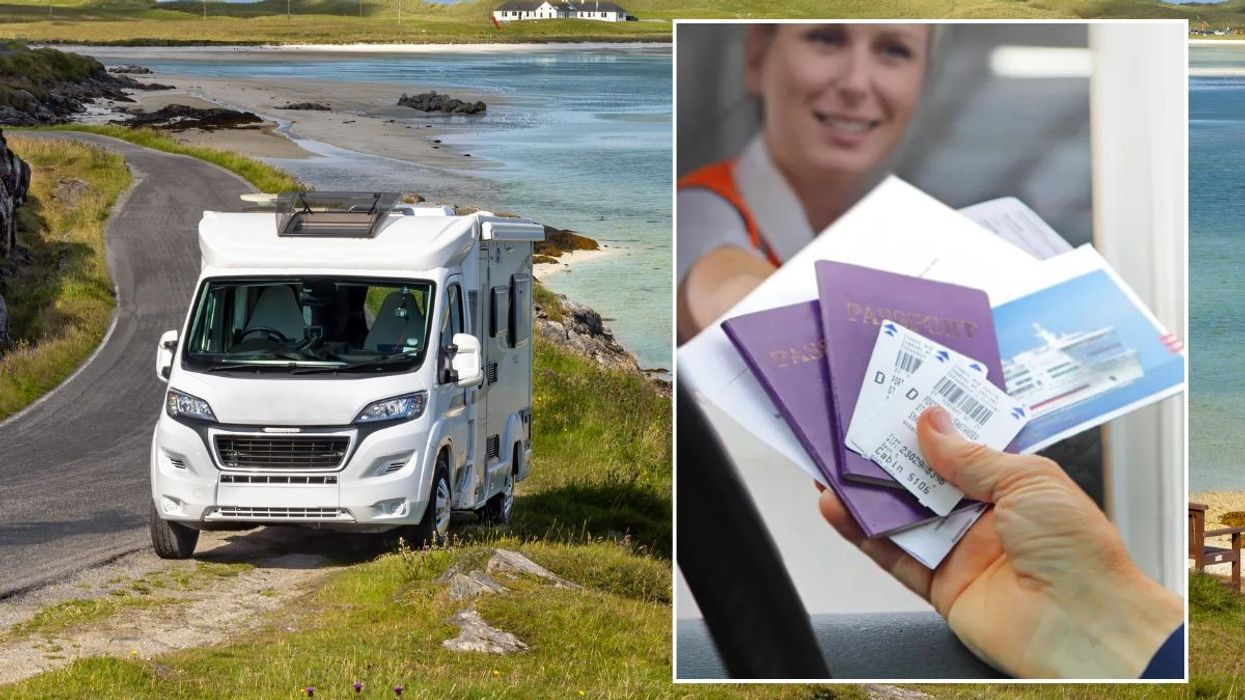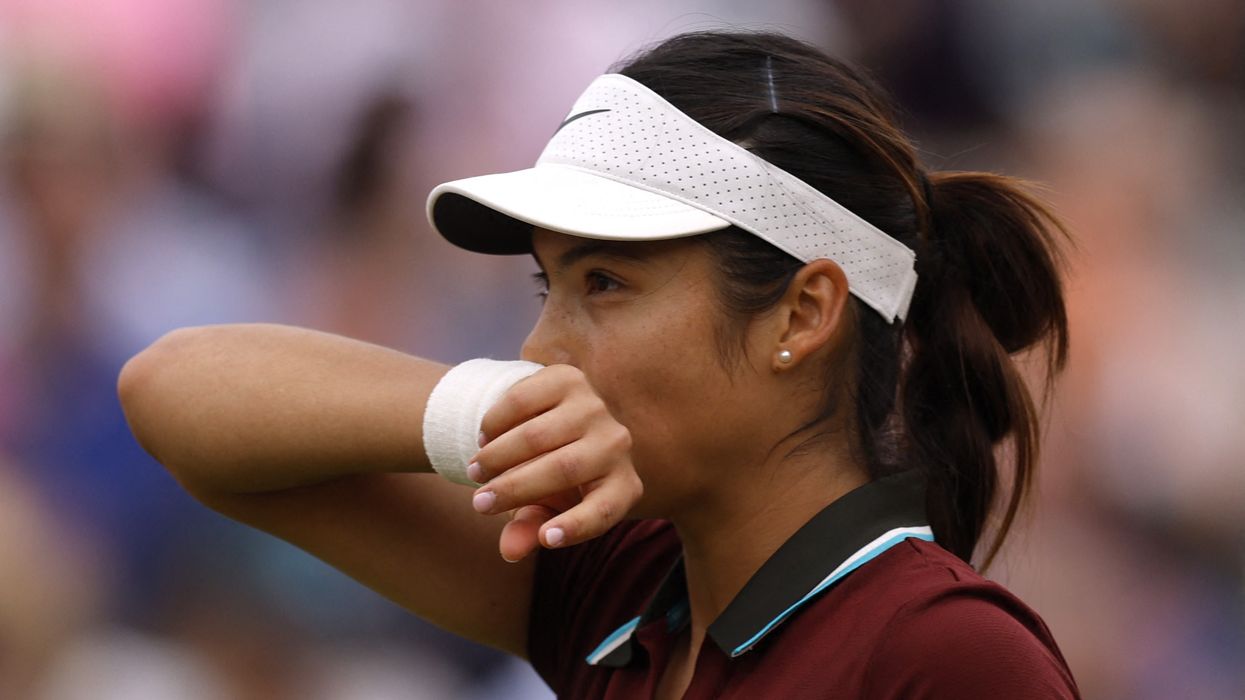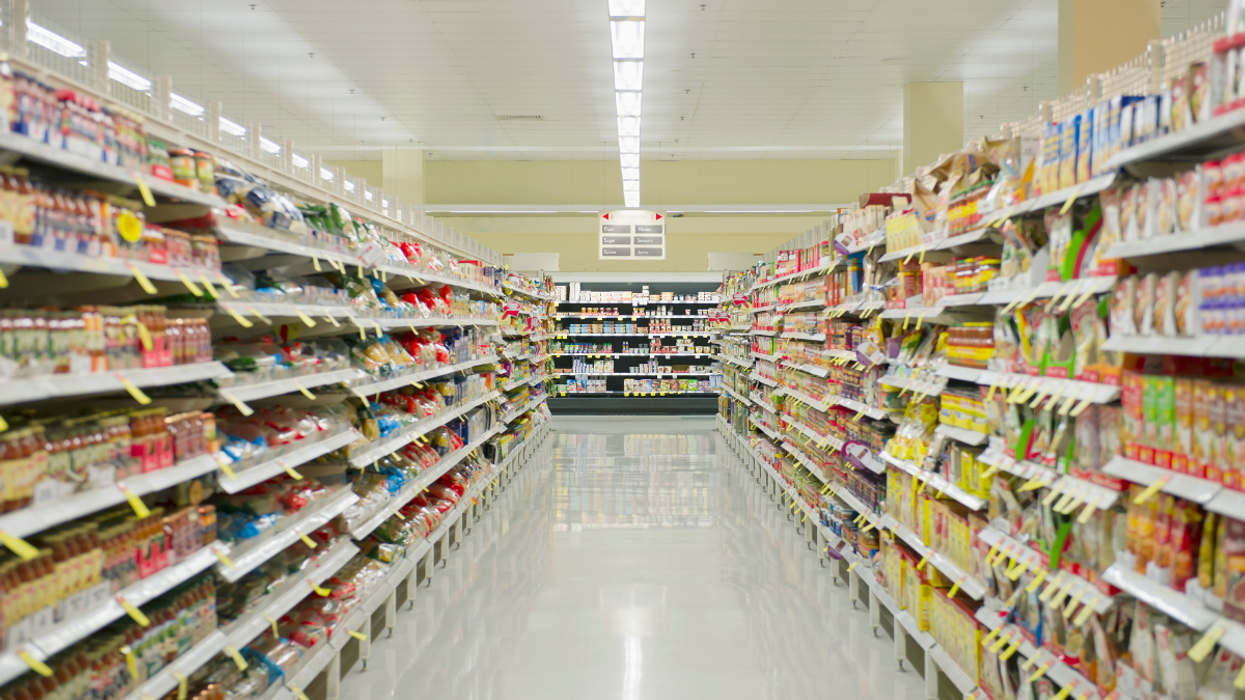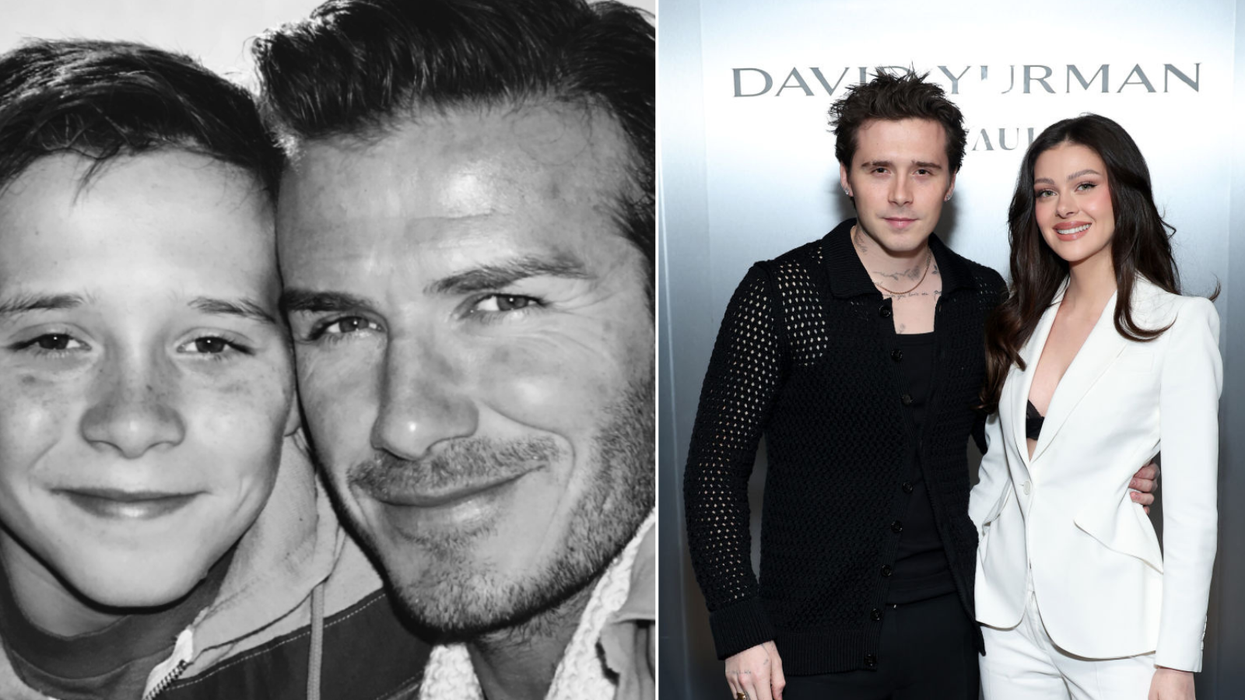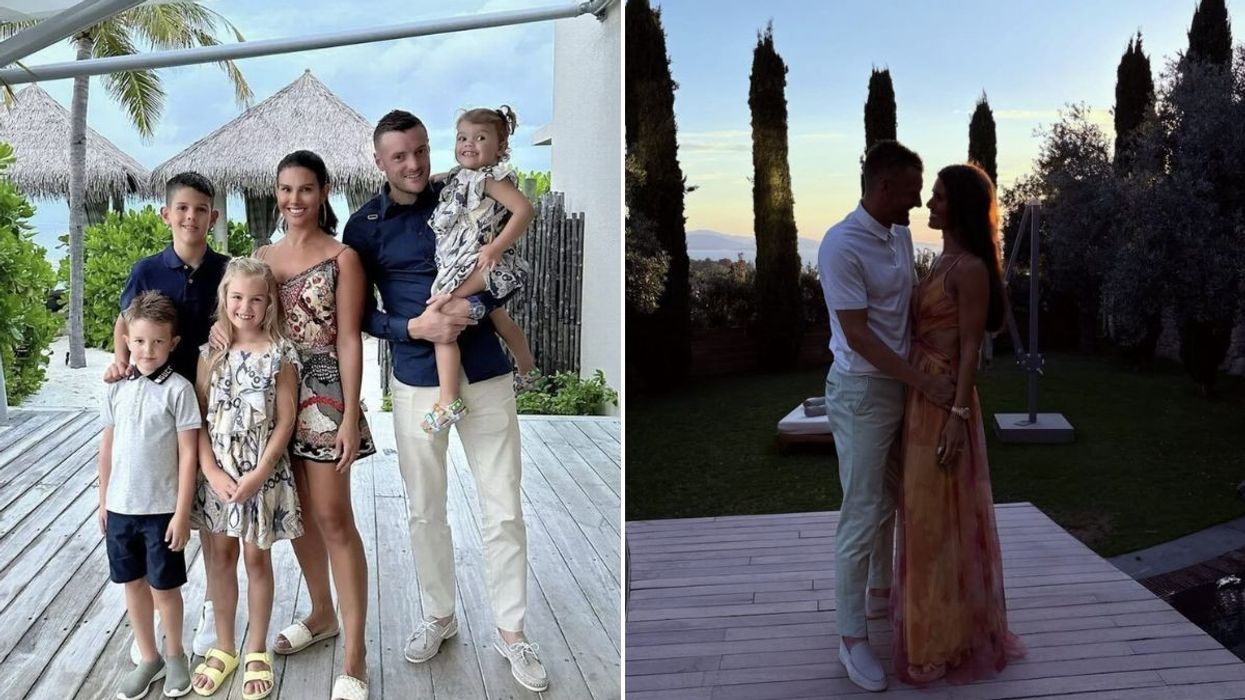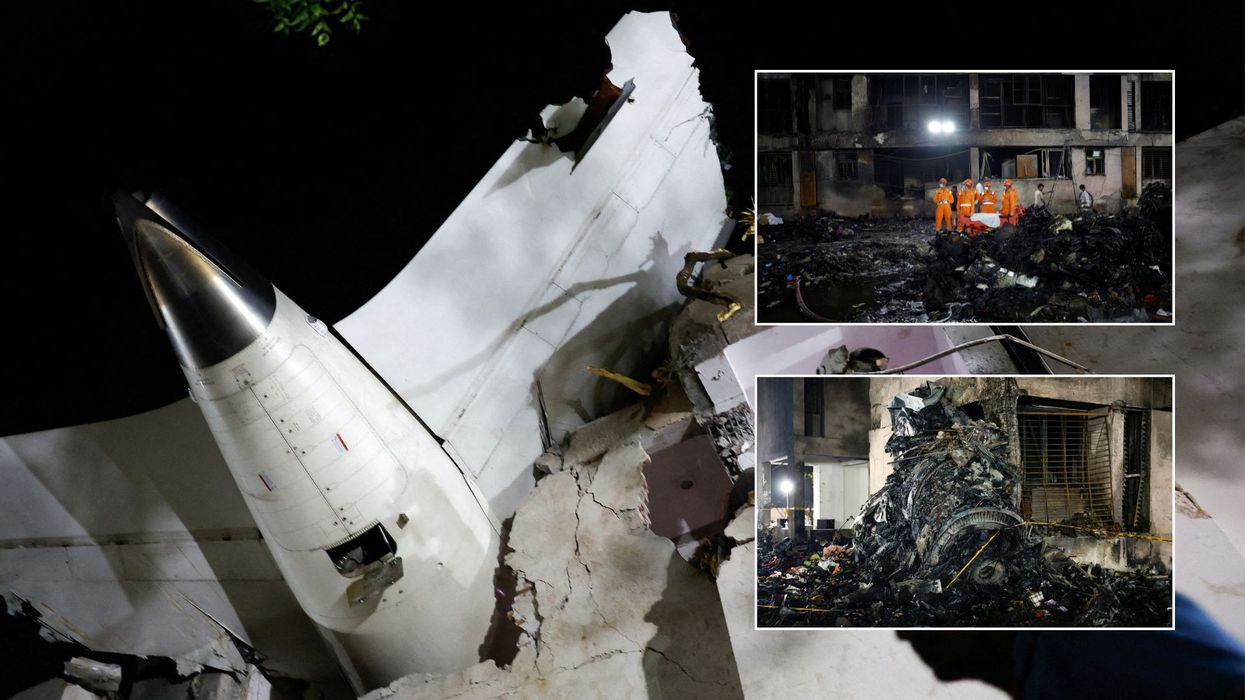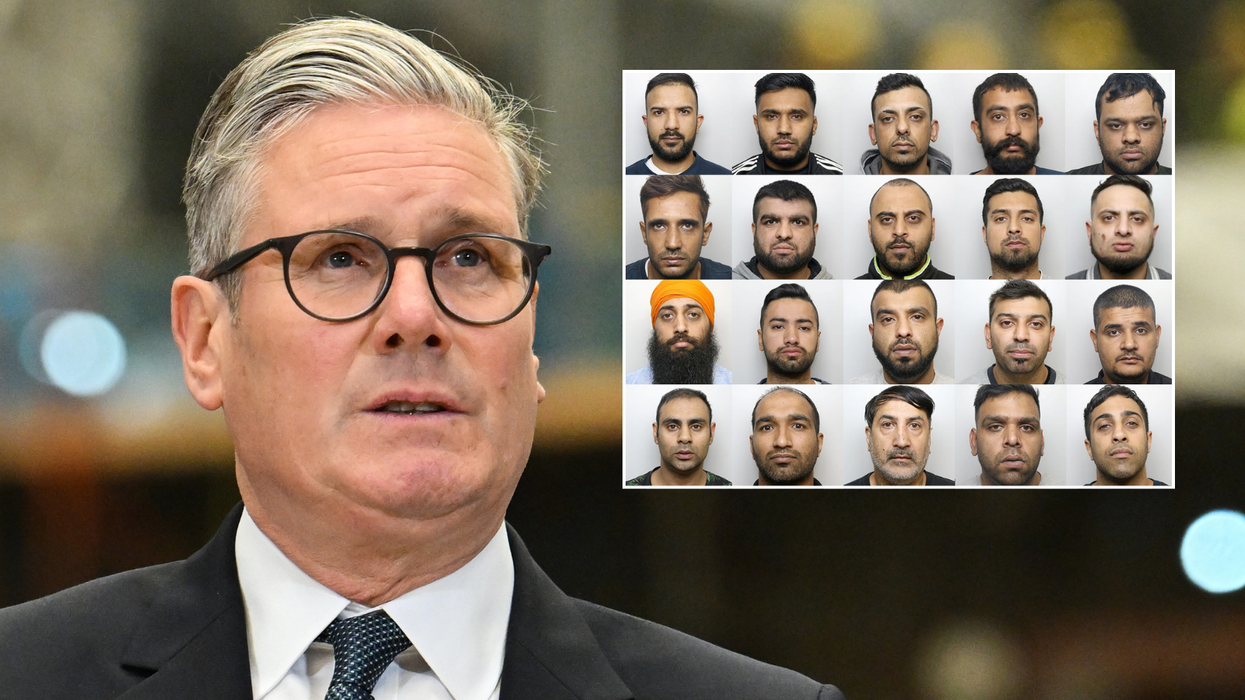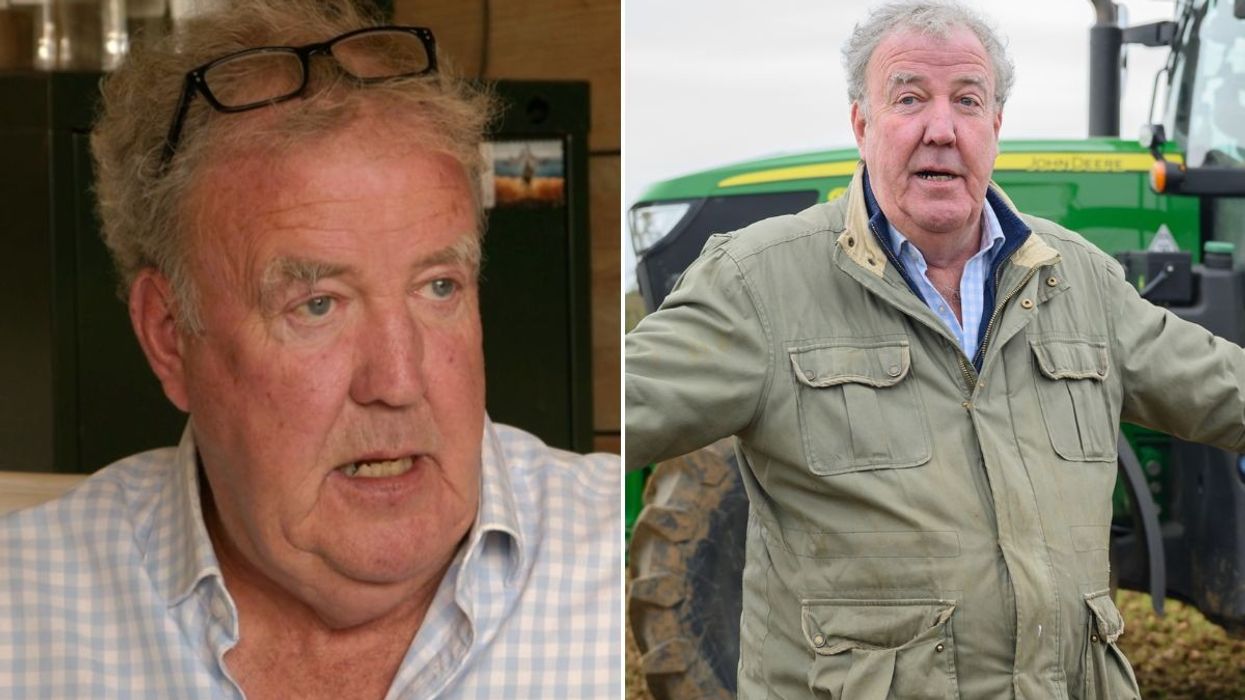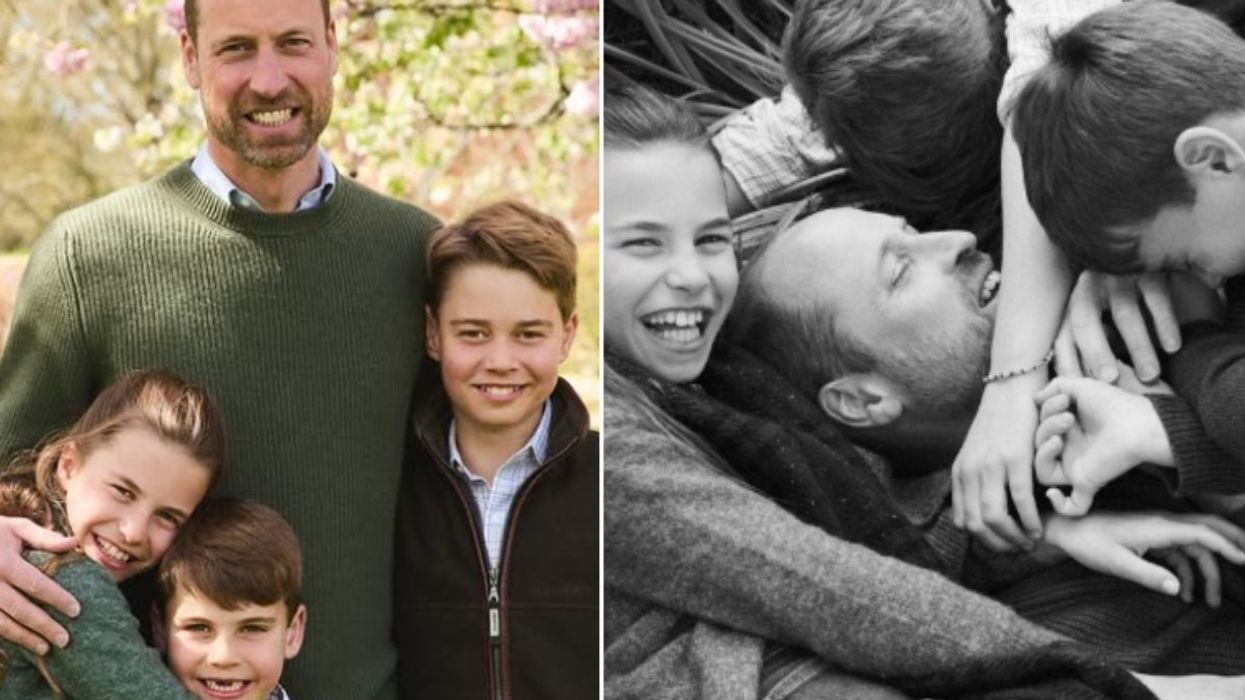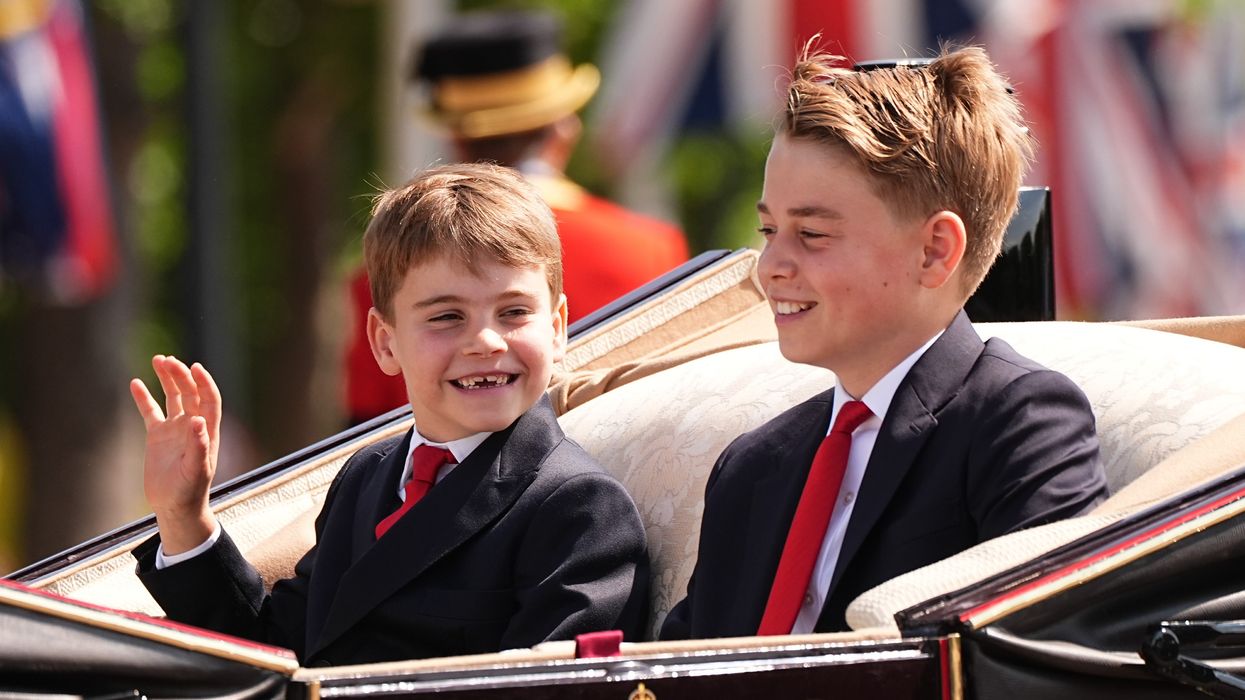First Minister Paul Givan during a press conference on Covid-19 at Parliament Buildings, in Stormont.
David Young
First Minister Paul Givan and deputy First Minister Michelle O’Neill speaking ahead of the latest relaxations to the coronavirus restrictions in the region coming into force
Don't Miss
Most Read
Latest
Northern Ireland’s leaders have said the public should expect to be asked for proof of their Covid-19 status.
First Minister Paul Givan and deputy First Minister Michelle O’Neill were speaking ahead of the latest relaxations to the coronavirus restrictions in the region coming into force.
From noon on Sunday, nightclubs will be able to open for the first time in 19 months, customers will be able to move around hospitality venues, indoor dancing will be allowed and the need for social distancing in hospitality settings will move to guidance.
While so-called vaccine passports have not been made mandatory, the ministers said that as part of measures to ensure safer environments people should expect to be asked for “proof of their Covid status”.
The Stormont Executive has advised venues to introduce their own Covid entry checks but has stopped short of bringing in a mandatory system similar to the one operating in the Irish Republic.
The issue has divided the administration, with the SDLP and Alliance Party calling for legally enforceable Covid passports for nightlife venues.
Some nightclub owners have also expressed concerns about having to police Covid entry checks in the absence of a mandatory passport system.
Mr Givan said the responsibility “lies with each of us to protect ourselves, our families and the whole community”.
Northern Ireland's First Minister Paul Givan and deputy First Minister Michelle O'Neill speak to media following a visit to the Royal Victoria Hospital in Belfast.
Rebecca Black
“We have come a long way in our fight against Covid-19,” he said.
“Together, we have reached a point where almost all restrictions have been lifted, or replaced with advice.
“It is this guidance which is critical in our efforts to protect people’s health, while working to bring about economic recovery and community wellbeing.
“We want to keep moving forward and every individual, business and sector has a part to play in in achieving that.
“We ask everyone to keep following the public health advice.
“The responsibility lies with each of us to protect ourselves, our families and the whole community.”
Ms O’Neill said: “This latest set of relaxations must go hand in hand with the necessary mitigations and personal behaviours that will help to manage risks as people socialise together.
“We have contingency plans in place that will allow us to deploy additional measures if the situation requires. However, to help avoid future restrictions it is absolutely vital that we all make the public health advice part of our everyday lives.
“We urge everyone to take up the vaccine, and for everyone to keep taking steps to protect yourself and others, even after you’re vaccinated.”
The ministers also urged people to take steps to reduce the spread of Covid-19, including getting the vaccine, wearing a face covering in crowded or indoor settings, washing hands regularly, to self isolate and get a PCR test if you have symptoms. meet outside where people and work from home where practicable.
On Friday, a further seven deaths of patients who had previously tested positive for Covid-19 were notified, as well as another 1,321 cases of the virus.
There were 351 Covid-positive patients in hospital, of whom 34 were in intensive care.
Meanwhile, to date, 2,650,769 vaccines have been administered.






